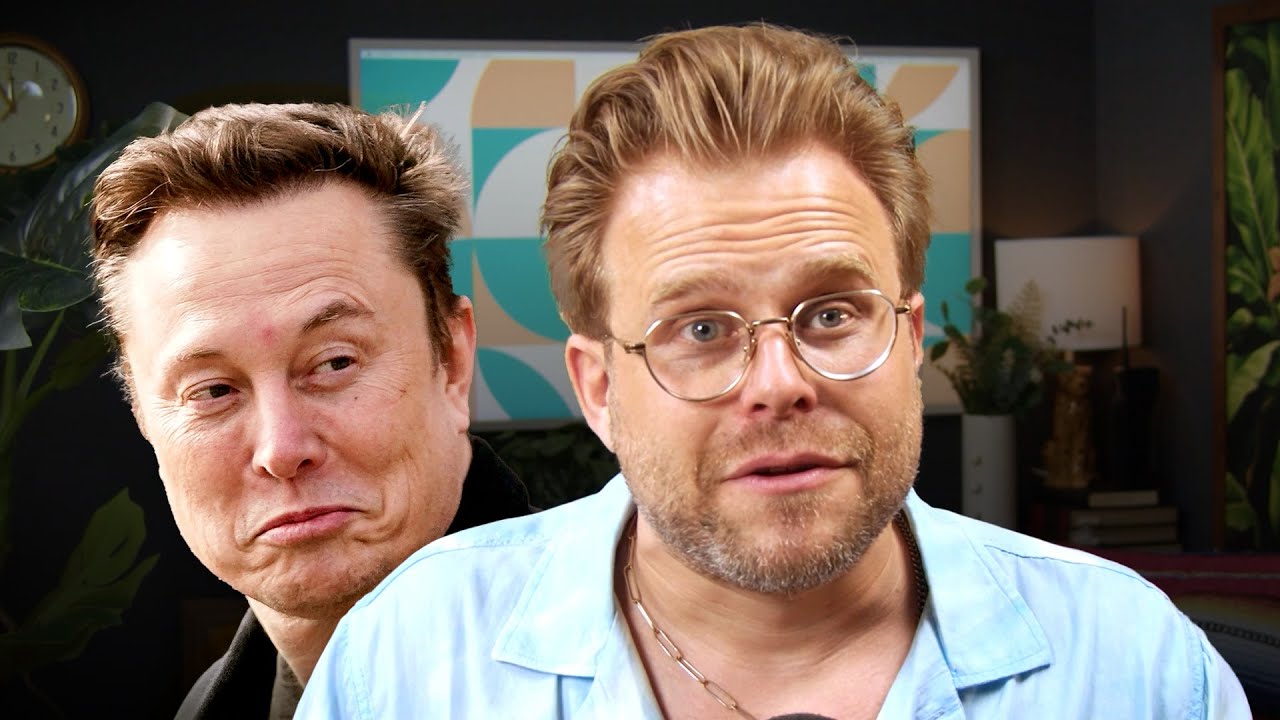The video discusses how Elon Musk’s AI chatbot Grok responded with racist conspiracy theories about “white genocide” in South Africa, likely due to a manipulated system prompt, and links this to Musk’s past connections and promotion of such false narratives. It also highlights how Donald Trump echoed similar racist claims and policies, such as prioritizing white South Africans for refugee programs, which the video condemns as harmful and driven by misinformation that threatens global progress and racial equality.
The video discusses recent strange behavior involving Elon Musk and the AI chatbot Grok, which began responding with racist conspiracy theories about “white genocide” in South Africa. This bizarre shift was attributed to an altered system prompt, blamed on a rogue employee at X (formerly Twitter). The video suggests that Musk’s influence and possible impulsive decisions might be connected to this incident, especially given the timing with Trump’s meeting with South African President Cyril Ramaphosa, during which racist conspiracy theories about South Africa were echoed.
The narrator provides historical context about apartheid in South Africa, emphasizing its brutal system of racial segregation and oppression from 1948 to 1994. Nelson Mandela’s role in ending apartheid through peaceful negotiations is highlighted as a remarkable achievement. Despite the end of apartheid, the video notes that white South Africans still hold significant economic advantages, owning most of the land and wealth, which perpetuates racial inequalities. The conspiracy theory of “white genocide” falsely claims that black South Africans are murdering white farmers, a myth debunked by facts showing that most victims are black and that white South Africans are still privileged.
Elon Musk’s past connections to South Africa are examined, including his upbringing in a privileged, apartheid-era environment. Musk has publicly promoted the false “white genocide” conspiracy theory, claiming that a major South African political party is promoting it. The video suggests Musk’s promotion of these claims might be linked to his frustrations with South African laws and his own biases, implying that Musk’s influence could be fueling racist narratives at a high level. The narrative questions whether Musk’s actions, possibly influenced by emotional or impulsive decisions, are part of a broader pattern of promoting racist conspiracy theories.
The video then links Trump’s recent actions and statements to these conspiracy theories, noting that Trump echoed similar racist claims during a meeting with South African officials. Trump’s presentation of evidence from Twitter feeds and his focus on white South Africans’ plight are seen as influenced by the same misinformation. The discussion points out that Trump’s policies favor white South Africans, including a special refugee program that prioritizes them over other vulnerable groups, which the narrator criticizes as blatant racism. This policy is portrayed as harmful, especially since it supports white nationalist movements and spreads racist rhetoric.
Finally, the narrator condemns the broader implications of these conspiracy theories and policies, emphasizing their real-world harm. The refugee program, which favors white South Africans with racist views, is criticized for undermining efforts to combat global health crises like HIV/AIDS. The video concludes with a warning that Musk’s control over a major communication platform and Trump’s influence are enabling the spread of dangerous racist ideas, which could have serious consequences for both South Africa and the United States. The overall message is that these racist conspiracy theories are false, harmful, and driven by influential figures whose actions threaten global progress and equality.
